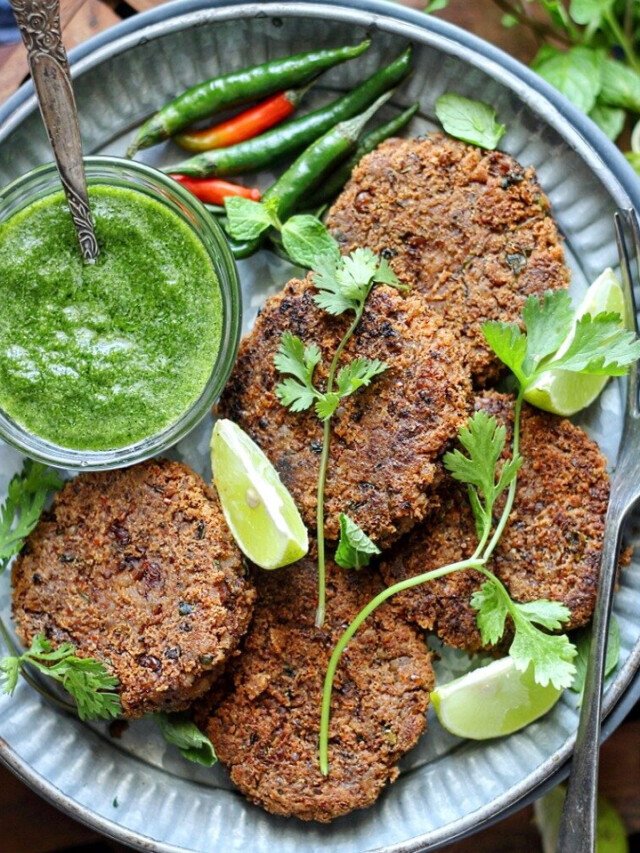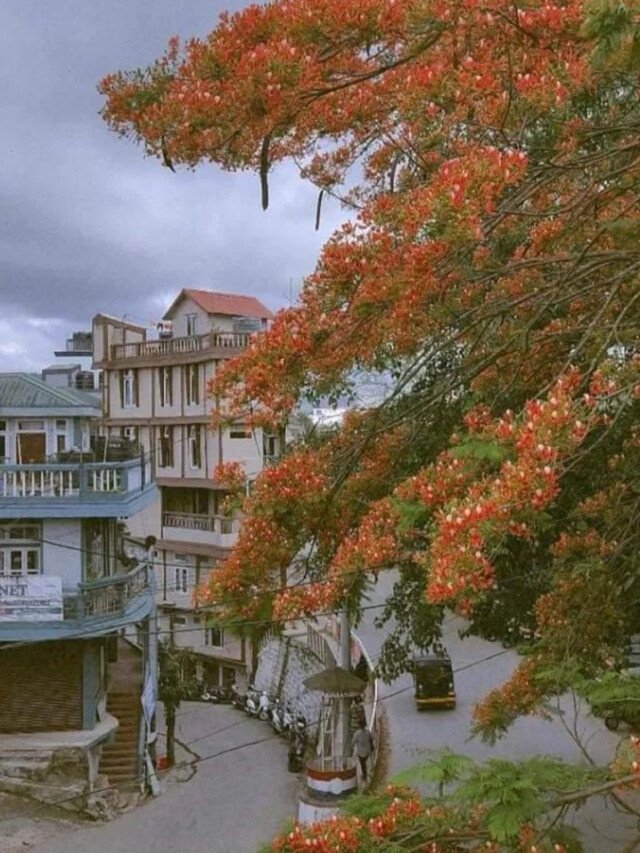Colombo, Nov 13 (PTI) Sri Lanka is set to hold its parliamentary election on Thursday with all arrangements in place to ensure a fair and transparent process, a top election commission official has said.
Voting will take place at over 13,314 polling stations across the country, from 7 am to 4 pm local time on Thursday.
Director General of the Elections Commission Saman Sri Ratnayaka on Tuesday said that all ballot boxes and other equipment needed at the polling stations would be dispatched on Wednesday.
“The polling station officials will carry out rehearsals from 7 am on Wednesday,” Ratnayaka said.
Over 17 million voters from the island’s 21 million population are eligible to vote. 225 members would be elected from voting based on proportional representation.
The western province district of Gampaha would elect the highest number of Members of Parliament – 19 with the capital district of Colombo from the same province having 18 MPs elected.
The eastern province district of Trincomalee will elect the lowest number – just 4 MPs.
Nearly 90,000 security personnel from the police and the military would be deployed to provide security at the election. There will also be mobile police patrols, the police spokesman Nihal Thalduwa said.
The election would be the first major test of the popularity of the ruling party, National People’s Power-led by President Anura Kumara Dissanayake.
Having failed to secure 50 per cent of the vote at the September 21 presidential election, Dissanayake was pleading for a stronger Parliament with well over the simple majority of 113 seats in order to implement his anti-corruption accountability reformist programme.
Ranil Wickremesinghe, the outgoing president who lost to Dissanayake in last month’s presidential election, is not contesting a parliamentary election for the first time since 1977.
The Rajapaksa brothers – Mahinda, Gotabaya, Chamal and Basil – will not contest the parliamentary election after decades-long representation.
Scores of ministers and deputies from the past regime have opted out of the race.
As many as 196 members are to be elected from the 22 districts based on the proportional representation system while 29 would be elected from the cumulative votes polled national list to provide a 225-member Parliament for a five-year term.
Political parties and independent groups file lists of candidates for each district. Seats are allocated proportionately according to votes polled.
Individual MPs get elected based on the preferential votes cast in their favour. Each voter is entitled to mark three individual preferences. PTI CORR
AMS












